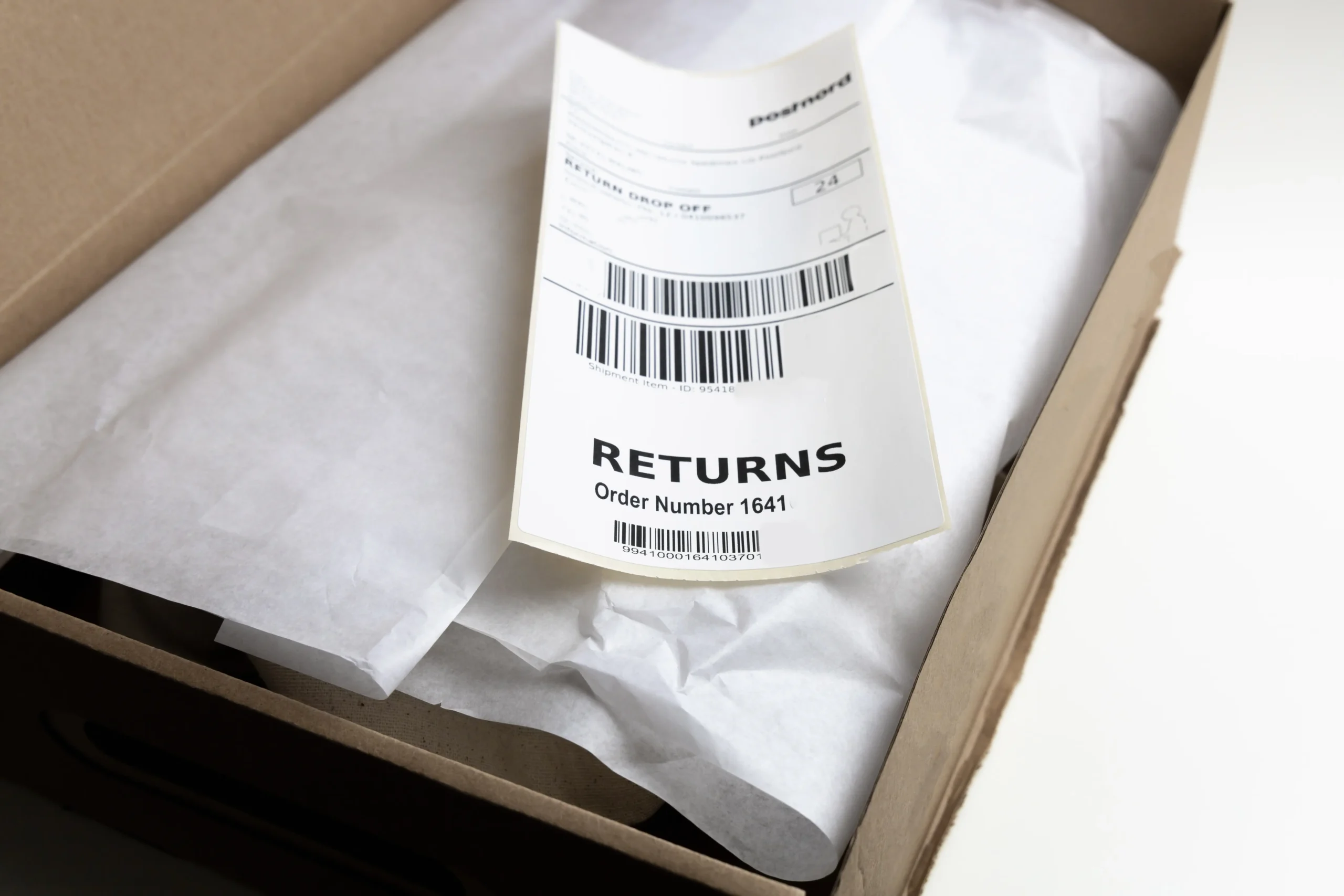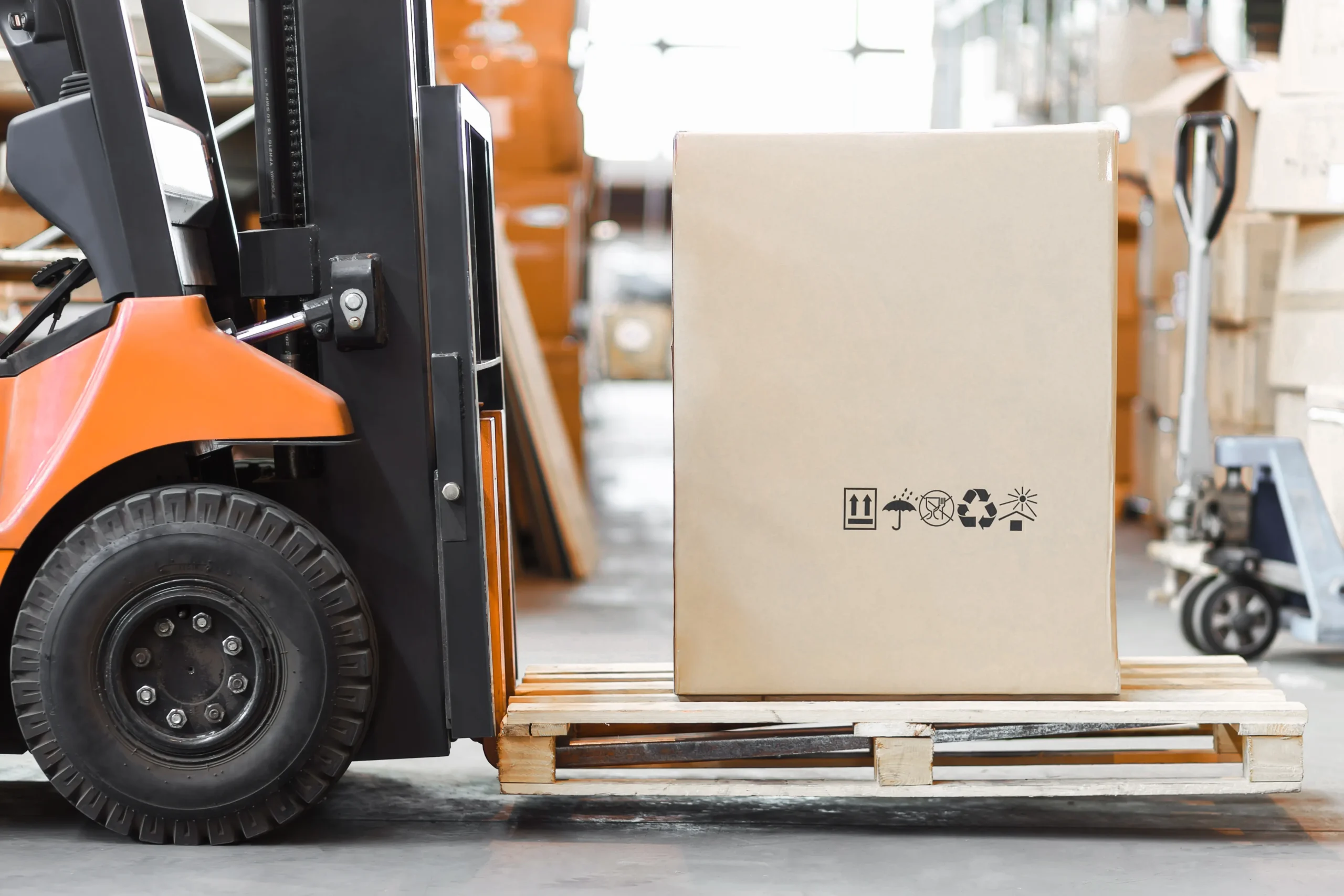In October, Sifted traveled to Chicago to attend PARCEL Forum ‘22, the largest event for eCommerce-centric B2B and B2C small parcel shippers.
In its 20th year, the show had its second highest attendance. Attendees were treated to a lineup of presentations on emerging trends in warehousing and last-mile delivery, networking events, and a trade show floor to meet with solution providers like Sifted.
Here, the Sifted team was able to speak with representatives from a number of companies interested in learning what their shipping data can do for them, such as model future decisions, secure best-in-class rates, automate manual tasks, reduce carbon footprint, and of course, optimize costs.
Here’s what some of Sifted’s attendees had to say about PARCEL Forum:
Caleb Nelson, Chief Growth Officer
“Of any show I’ve attended, this one best represents our client base and peer group. It felt like we were with ‘our people.’
It was great to talk to like-minded individuals. Everyone there had the desire to make sure the industry heads in a good direction. Also, all of us, whether a shipper or a solution provider, were there to learn more. When you get a group of like-minded professionals together, with the goal of educating themselves, good things come from it.
One of the keynote speakers, an analyst from Morgan Stanley, talked about growth into 2023 and the emerging options shippers have. The big takeaway was that carriers will apply pressure on shippers to compensate for missed revenue targets or for things the carriers simply have to invest in next year.
Shippers are feeling more pressure, but they have more options than ever before. There are emerging regional carriers, as well as new technology like Sifted, that can help them better understand their options, plus find ways to reduce costs.
Mark Kolde, VP of Logistics Engineering
“It was the show’s 20th anniversary, and the second largest attendance they’ve ever had. The general theme throughout the show seemed to be that the market is starting to fragment. The carriers’ volumes are coming down, and they’re becoming more amenable to working with shippers on pricing. The pendulum’s starting to swing back towards being a shipper’s market, rather than a carrier’s market. As the market fragments, there’s a lot of talk about regional carriers and new service providers.
Diversification was also an overarching theme throughout the conference. Many large, enterprise-level shippers got burned in 2021 when carriers were over capacity. They put caps on their volume, which put them in a tough spot with getting products out. That’s a huge factor in the emergence of diversification.
Shippers are increasingly looking to take volume away from a single-sourced carrier (like FedEx or UPS) and introduce some regional carriers, final-mile, workshare, postal, etc. They’re looking to spread their supply chain across more than just one carrier.
What really stood out to me from carrier conversations was just how many regional carriers are becoming more prevalent in the market. We’ve got a lot of good connections now with some of those carriers, which can open up opportunities for our clients to model diversification scenarios. It can bring a lot of good opportunities in 2023.
These regional carriers aren’t looking for the “oh no” volume that comes from shippers needing extra avenues during peak season, which then gets turned off in January. They’re looking for consistent volume throughout the year, which can help them scale properly. They need volume they can count on. We represent an opportunity to find shippers with a specific type of volume they’re looking for, who themselves are looking to add a new carrier to their mix and make that match. Presenting our clients with opportunities they might not have explored otherwise brings them tremendous value as well. It’s really a win-win for our clients and the carriers.”
Adam Moulding, Chief Innovation Officer
“It was a very collaborative event. We visited with a number of the other companies there to learn about what they’re doing. It was fascinating to see the continuing trend of integration-focused technologies in parcel, which has been needed for a long time. It’s great to see so many new companies that have popped up in the space looking to give better visibility to shippers.
The keynote speaker from Morgan Stanley did a phenomenal job of going through the parcel industry, what’s been happening through the pandemic, and what’s expected to happen in 2023. A lot of those indicators are helpful for us to anticipate the market changes with carrier policies, price increases, capacity, Amazon, and regional carriers.
Over these last two years, there’s been an enormous spike in the number of companies doing things like fulfillment, shipping, warehousing, and ‘pick and pack.’ I spoke with them and learned about their struggles with managing the data for their clients, and the unique challenges each client presents. The lack of data visibility makes their job challenging. It was eye-opening because the way we ingest data and present it back can be a perfect solution for so many 3pls.”
David Misasi, Enterprise Account Executive
“It was an awesome event. It’s our industry, our show; which was really cool. Connecting with all the regional carriers there was great because they were very interested in what we provide and how we fit into the marketplace. I think it showcases a unique opportunity to partner with carriers, which would add diversification value to our clients.
I learned that a lot of shippers, especially high-volume shippers that faced things like capacity constraints and volume caps throughout the pandemic, are beginning to open their eyes toward other solutions outside of FedEx and UPS. It seems the duopoly in the carrier market is being challenged, and there are some really good solutions that can be both cost-effective and delivery-conscious. At a session focused specifically on regional carriers, I heard questions being asked by representatives from some of those big organizations struggling to risk-proof their parcel operations. The data shows us the opportunities carrier diversification can provide, so it was cool to see that others in the market are starting to realize that need as well.”
Conclusion
The parcel shipping world has seen a wave of changes since the pandemic, and those changes aren’t done. The conversations at PARCEL Forum confirmed that. New players, and entirely new industries are emerging to move shipping forward.
In 2023, it will be more important than ever for shippers to know where they stand with their data. Sifted is continuing to find new ways to empower shippers to make confident decisions and build resilient, efficient parcel operations.











